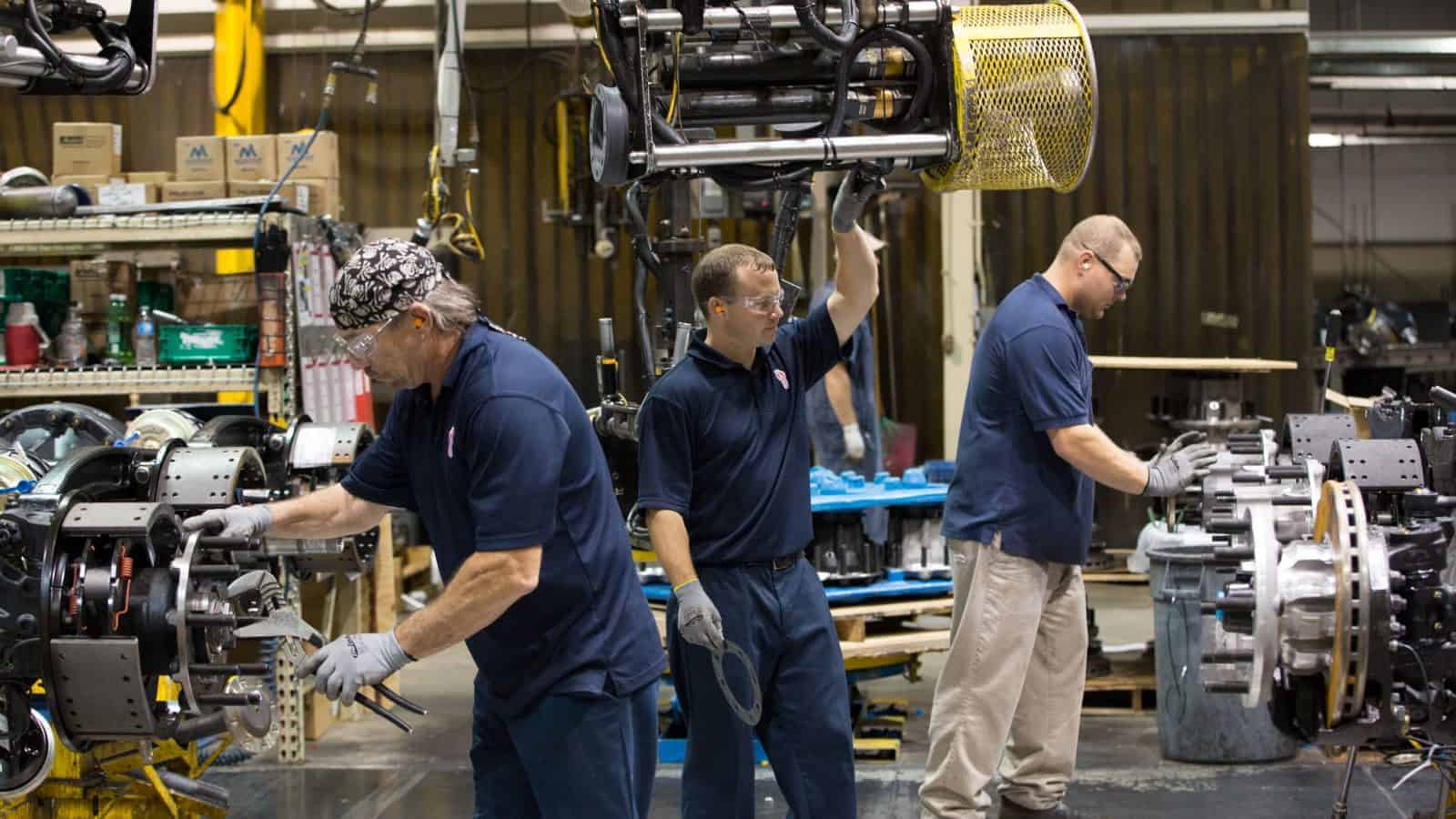How Manufacturers Can Attract and Retain LGBT+ Talent

Job openings in manufacturing remain high, with many manufacturers citing the shortage of skilled labor as a major business challenge. Increasingly, companies are taking a closer look at their internal cultures and asking themselves a crucial question: How can we make ourselves more attractive to new recruits from diverse backgrounds?
Seeking all willing workers: Panelists at the recent D&I Roundtable: Recruiting and Retaining LGBT+ Employees, hosted by The Manufacturing Institute, discussed the growing awareness among manufacturers of ensuring that their companies are LGBT+-friendly workplaces.
- “When you build a psychologically safe environment, all employees benefit from it because all employees will start to share their ideas without [fear of] retribution,” said Entegris Senior Manager of Talent Management & Development Phillip Spencer.
- “More generations identify as part of the LGBTQ+ community and want to work for companies that … support [them]. So, it really will benefit everyone and the bottom line of all of our companies” to be inclusive of the LGBT+ community.
Say no to “rainbow washing”: To recruit talent who identify as LGBT+, panelists agreed, manufacturers must genuinely create an accepting, open culture rather than just engage in “rainbow washing,”—i.e., adding a rainbow to company branding while offering few, if any, benefits to actual LGBT+ people.
- Make sure your company is “really aligning your policies and your practices and those unspoken rules in your organization to make sure that you are doing the things that you say that you believe in when you’re talking about supporting the [LGBT+] community,” said Senior Vice President of Human Resources at Georgia Power Company and Southern Company Sloane Drake.
- Entegris went back to basics with its inclusivity efforts, Spencer said, and it’s worked. “We started with a program talking about what does LGBTQ+ mean? And what does it mean in the workplace? Why are we talking about this in the workplace?”
- The company also rejiggered its employee retirement fund structure when it realized the old setup did not account for same-sex couples, Spencer added.
Seek out ambassadors, but don’t push: LGBT+ employees can act as ambassadors to help a company build trust among other LGBT+ workers and prospective new talent, speakers said. Companies should seek out such potential representatives, but without assuming they will want to take on the responsibility.
- “Nobody knows better what the experience is like than somebody who’s going through it,” said Goodyear Tire & Rubber Company Senior Engineer Arwen Kathke, who is also the community outreach chair for the Goodyear pride network. “Including those employees in your decision-making processes and having those conversations with them to understand what their experience is will go a long way.”
- “We’ve really spent a lot of time educating” our workforce, Drake said. “It’s not the responsibility of every LGBTQ+ employee in our organization to explain what [LGBT+] means. We’ve actually put some of our employees who were willing through storytelling training; they felt very comfortable being able to share and tell their stories in large meetings and on videos and podcasts, and that was very powerful. But [you don’t want] to make it feel like the one person in the room who [identifies as LGBT+] has to be the only one who can speak on that topic.”
Measuring success: How can manufacturers determine whether they’re reaching LGBT+ talent? There are various way, panelists said.
- “There’s one great metric that’s going to help any organization understand 100% if it’s inclusive: Do you allow people to self-identify?” Drake said.
- Another way is to review employee representation data, as well as the number of self-identifying people moving through leadership-development pipelines into leadership positions.
The last word: “If you create a supportive environment and have your internal development done,” said Kathke, “with employees who are starting to step up and really foster that environment, that’s going to work out a lot better in the long run.”
